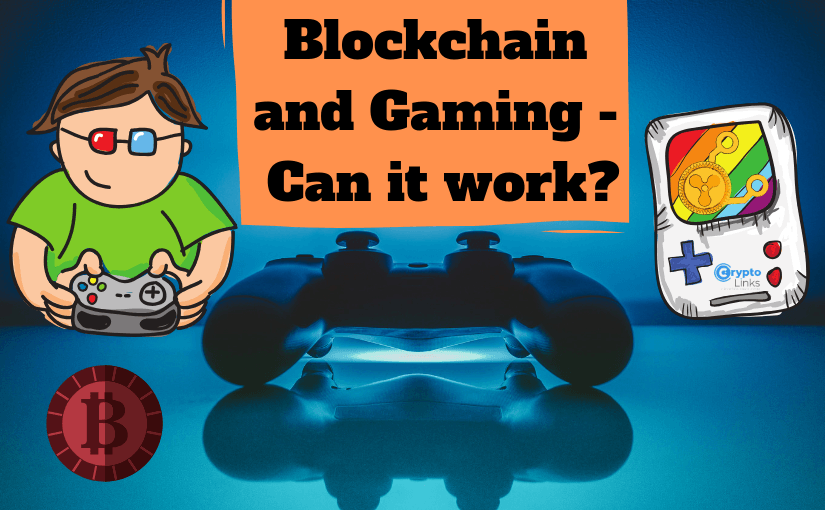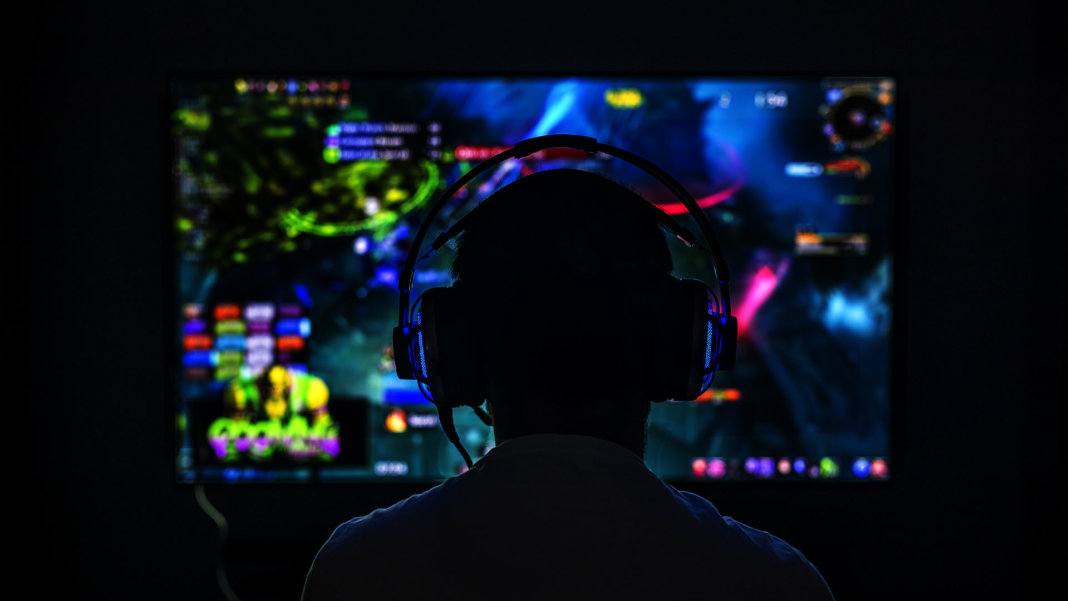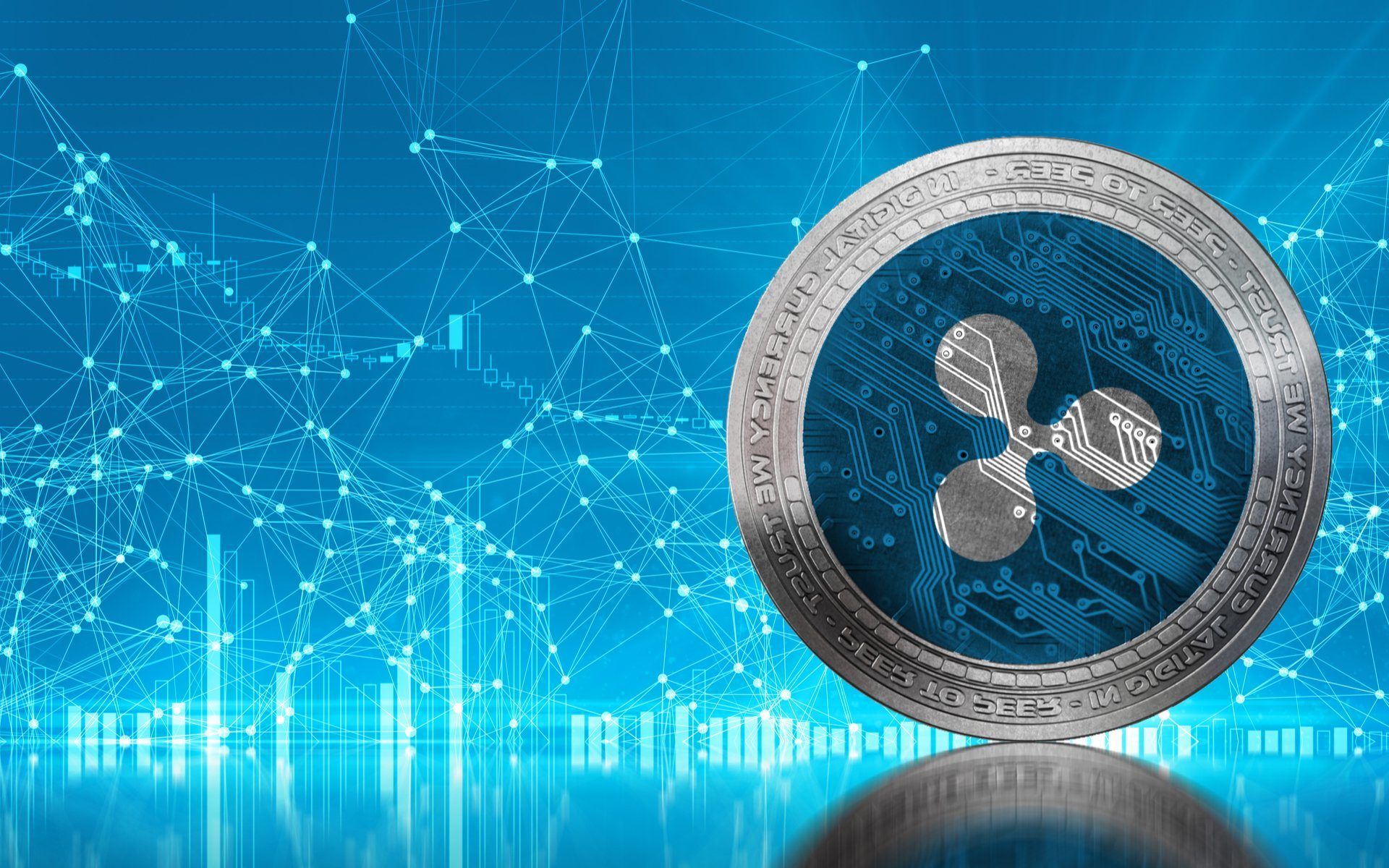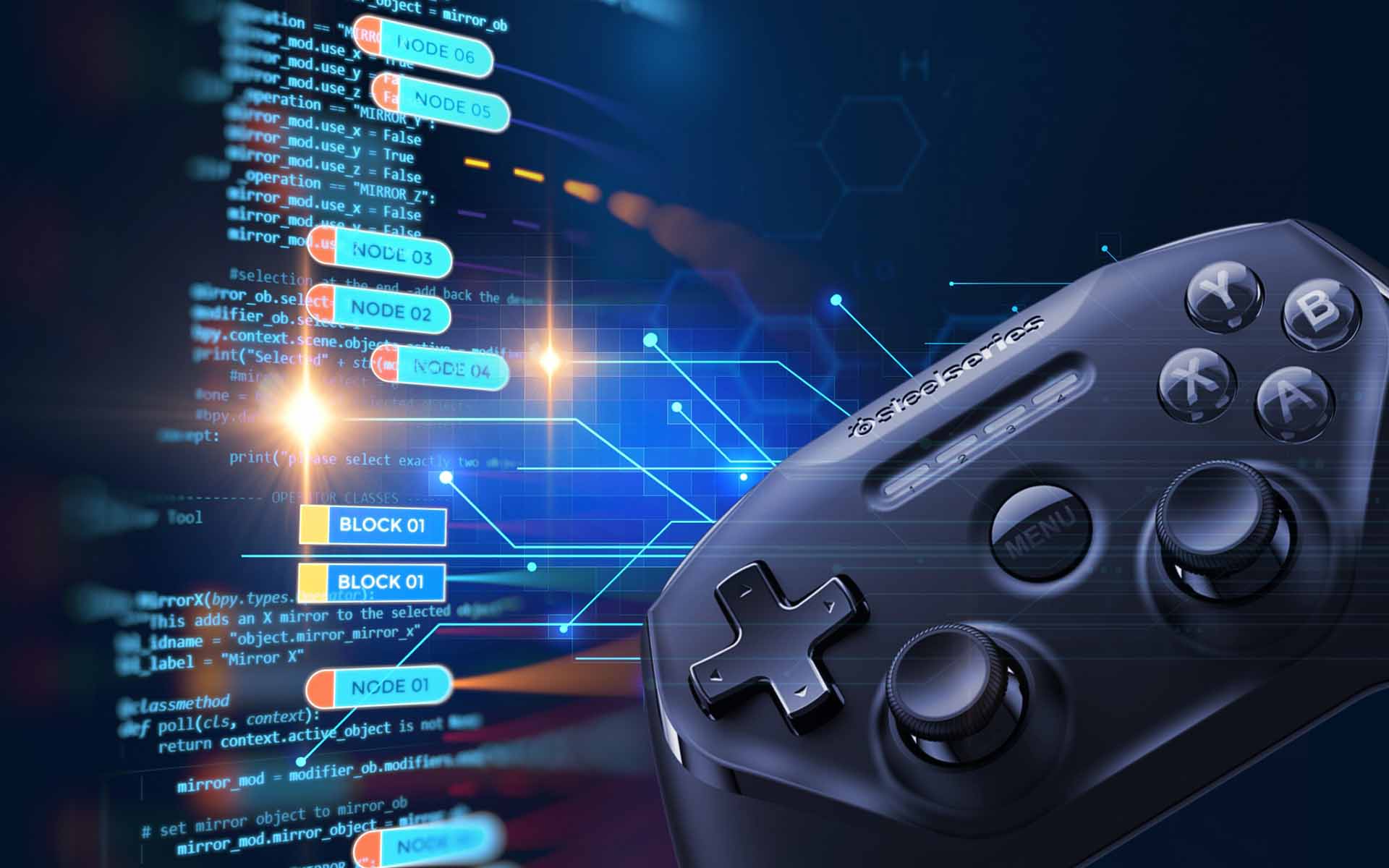Blockchain and Gaming – Can it work?

Gaming is a $135 billion global industry. But can blockchain have any part to play in this? The answer from Ripple is a big yes with the recent announcement of a $100 million fund to spur development of gaming applications to be built upon blockchain technology. The fund is going to be overseen by the recently forged Forte company which was just established in February. The Forte company was started by Kevin Chou who has been a prominent figure in the gaming industry for over a decade. Other key members of the Forte founding team are also prominent figures in the gaming industry and the company has backing from some of the leading venture capital firms including Andreessen Horowitz, Canaan Partners, and Coinbase Ventures.
But is blockchain technology not meant to be slow and face scalability issues? Is it realistic to believe that blockchain technology can have any role in gaming? What role does Ripple have to play in all of this? In this latest Cryptolinks post, we cover how those that are betting big on blockchain believe it will work in gaming. We also cover the ins and outs of the $100 million fund and the other main players that are making moves in blockchain and gaming.
How can blockchain be used in gaming?
When you first hear blockchain in gaming, you likely think that games are going to be built upon blockchain as a protocol layer. But this does not make much sense. Nobody is going to wait for a block to be added to the blockchain before the state of their game updates. What blockchain is being envisioned for in gaming is playing a role in how the market for in-game assets works.

In-game assets are virtual items that have been increasing in popularity. Typical examples include unique skins and collectables that players can purchase that will differentiate them from other players in the game. These in-game assets can be purchased directly from game publishers and there have also been secondary marketplaces created whereby players can buy and sell the virtual items with others in the marketplace. This market is by no means trivial. Items have been purchased for over $6 million.
A use case for blockchain technology is being envisioned here whereby users can be in complete control of their digital gaming assets by having a wallet to secure them built on top of a decentralized ledger. They will also have the ability to sell or purchase assets directly with other gamers removing the need to go through a secondary marketplace. The blockchain these applications will be built upon will also provide a verifiable way to track the existence and ownership of assets. Gamers on the network will be able to see the history of an asset, it’s previous ownership, and how much it has been sold for in the past creating a more public and open marketplace. One of the key members of the Forte team, Brett Seyler, noted that the value of the gaming industry is mostly driven by digital microtransactions, and this kind of ecosystem can benefit hugely from blockchain technology.
How will Ripple come into the mix?
The $100 million fund is part of Ripple’s Xpring initiative. The Xpring initiative was started by Ripple in 2018 to drive the development of projects upon the XRP ledger. The fund is being overseen by Forte which is reported to use the open-source Interledger Protocol (ILP), Ripple’s XRP cryptocurrency, and the smart contract tool Codius. The $100 million fund will be targeted at developers that have built gaming applications with over 50,000 daily active users. Grant recipients will be determined by Forte and will be awarded in XRP. However, the game developers are likely to convert their grants to USD as the majority of expenses that are required for top-tier game development such as server costs will require payment in fiat currency.

Who else is betting big on blockchain in gaming?
Competition for developers is noted as one of the many significant challenges facing blockchain development. There is intense competition for developers to build upon blockchain. The competition is not only taking place between the many major blockchains but also from the traditional technology sector. Many talented developers decide to work for more established technology companies in more mature industries. The $100 million fund marks a milestone in the competition for developers heating up between major blockchains. This is also why we see numerous developer competitions being orchestrated by foundations driving the adoption of their blockchain. Other smaller blockchains and projects have also been launching with gaming as a focus. Several projects completed ICO’s aimed at bringing blockchain technology to the gaming industry including secondary digital assets marketplace OPSkins launching the WAX blockchain. More recently, technology platform Kakao has been focused on launching a blockchain with gaming as a primary focus.

Will blockchain be big for gaming?
Whether blockchain is going to be big for gaming remains uncertain. Several projects launched ICOs last year to apply blockchain technology and these now coexist with existing secondary marketplaces. Whether blockchains can go on and disrupt and displace existing secondary marketplaces is going to be the real test of whether blockchain technology has any real need in gaming.
